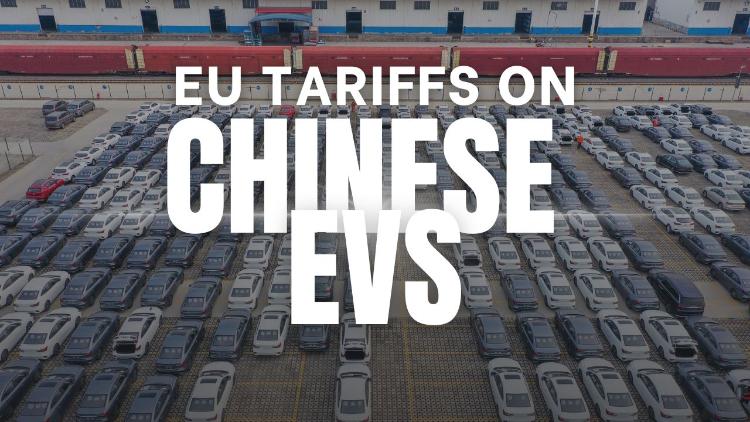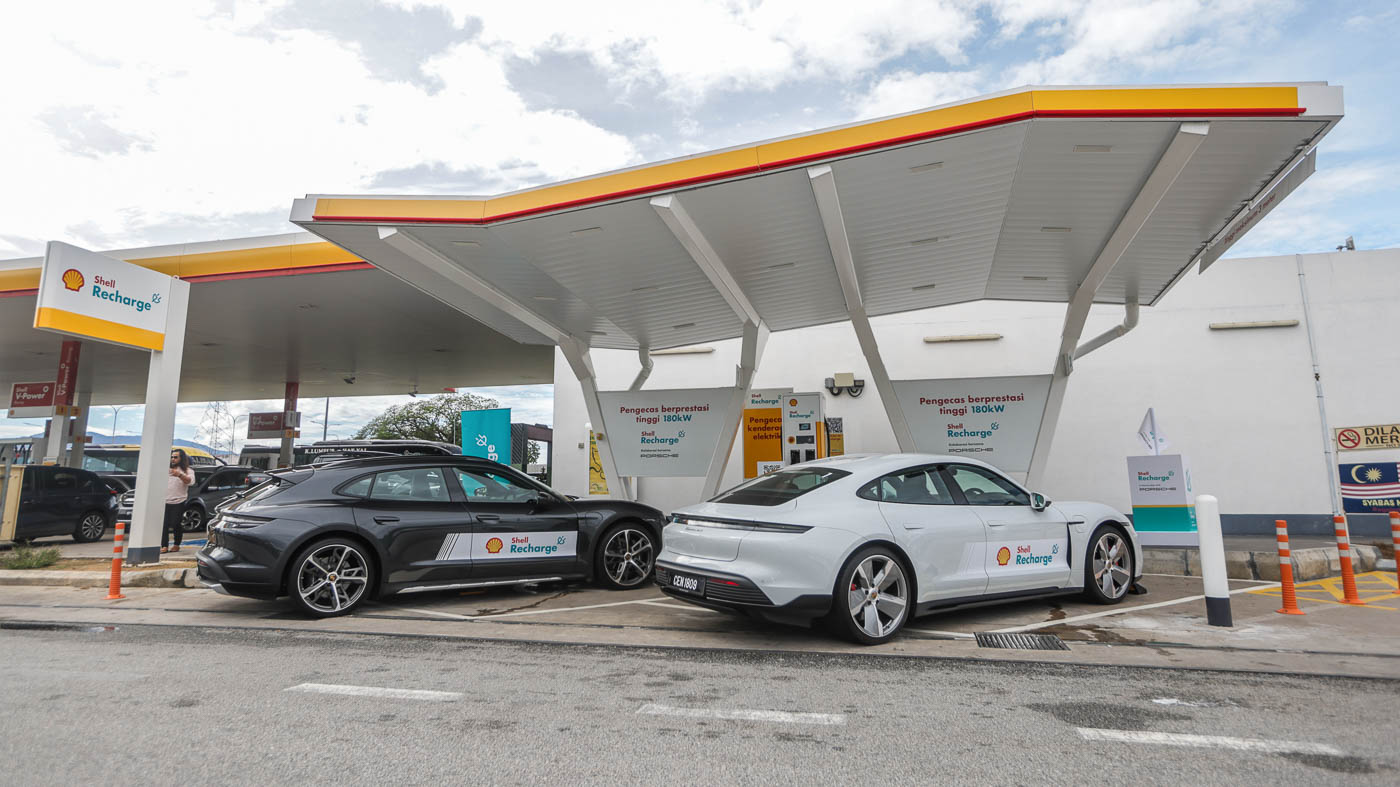The Unpredictability Of Trump's Tariffs: An Automotive Industry Perspective

Table of Contents
Trump's Tariffs: A Brief Overview
During his presidency, Donald Trump initiated a series of tariffs, impacting numerous sectors, but the automotive industry bore a significant brunt. These tariffs, often imposed unilaterally and with little warning, targeted imported vehicles and auto parts, primarily from countries like China, Japan, and the European Union. The stated goal was to protect American jobs and bolster domestic production, but the reality was far more complex and disruptive. The unpredictability of these actions – their timing, targets, and magnitude – created a climate of persistent uncertainty for the automotive industry.
The Rollercoaster Effect on Automotive Supply Chains
Global automotive supply chains are intricate networks, with parts sourced from various countries and assembled in others. Trump's tariffs threw a wrench into this carefully orchestrated system. The imposition of tariffs on imported components increased the costs of production significantly. Manufacturers faced sudden, unexpected increases in the price of vital parts, disrupting carefully planned budgets and production schedules.
- Increased costs of imported parts: Tariffs added substantial costs to components like steel, aluminum, and electronics, all crucial for vehicle manufacturing.
- Delays in production due to import restrictions: The added bureaucratic hurdles and increased inspection times associated with tariffs created significant delays in getting parts to manufacturing facilities.
- Shifting sourcing strategies to mitigate tariff impacts: Companies were forced to scramble, seeking alternative suppliers outside of the targeted countries, a costly and time-consuming process. This often led to compromises in quality or efficiency.
- Examples of specific automotive parts affected: Specific examples included increases in the cost of tires, certain electronic components, and specialized steel alloys used in high-strength vehicle frames, leading to delays and increased costs for manufacturers.
This constant shifting of the goalposts made accurate forecasting and efficient planning virtually impossible, forcing automotive companies to operate in a state of perpetual reactive mode.
Impact on Investment Decisions in the Automotive Sector
The unpredictability of Trump's tariffs had a chilling effect on investment in the automotive sector. The inherent risk associated with such volatile trade policies discouraged both domestic and foreign investment. Companies hesitated to commit to large-scale projects, like building new plants or investing in cutting-edge technologies.
- Uncertainty creates hesitation amongst investors: Investors are risk-averse, and the instability created by the tariffs made it difficult to assess long-term profitability.
- Reduced profitability leading to lower investment returns: Increased input costs, resulting from tariffs, squeezed profit margins, reducing the attractiveness of investments.
- Loss of competitiveness due to increased costs: Higher production costs made American-made vehicles less competitive in both domestic and international markets.
- Examples of postponed or cancelled projects: Several major automotive companies postponed or outright cancelled expansion plans and new product development initiatives due to the tariff uncertainty.
This lack of investment had profound consequences for the long-term health of the industry, hindering innovation, technological advancements, and job creation.
The Political and Economic Fallout: Navigating Trade Wars
Trump's tariffs triggered retaliatory measures from other countries, escalating into trade wars that had far-reaching consequences. These retaliatory tariffs targeted American-made vehicles and other goods, further disrupting the global economy.
- Retaliatory tariffs from other countries: The EU, China, and other countries responded with their own tariffs on American-made cars and parts, impacting American manufacturers and consumers.
- Strain on international trade relations: The trade wars damaged relationships between the US and key trading partners, undermining trust and cooperation.
- Impact on consumer prices for vehicles: The increased costs of production were, in many cases, passed on to consumers through higher vehicle prices.
- Discussion of the winners and losers: While some domestic producers saw short-term benefits, the overall effect was negative, hurting consumers, the broader economy, and the industry's long-term competitiveness.
The ripple effects were felt across related industries, affecting suppliers, dealers, and the overall economy.
Strategies for Adapting to Tariff Volatility
Facing this unpredictable environment, automotive companies adopted several strategies to mitigate the negative impacts of Trump's tariffs.
- Diversification of sourcing locations: Companies sought alternative suppliers in countries unaffected by the tariffs, geographically diversifying their supply chains.
- Negotiation and lobbying efforts: Automotive industry groups engaged in intense lobbying efforts, seeking to influence trade policy and minimize the damage.
- Investment in automation and domestic production: Some companies invested in automation technologies to increase efficiency and reduce reliance on imported parts. Others focused on bringing more manufacturing back to the US.
- Hedging strategies to minimize financial risks: Financial tools were used to attempt to mitigate some of the financial uncertainty associated with fluctuating tariff rates.
However, these strategies were often costly, and their long-term effectiveness remained uncertain, underscoring the fundamental problem of navigating an unpredictable trade environment.
Conclusion: Understanding the Lasting Impact of Trump's Tariffs on the Automotive Industry
Trump's tariffs inflicted significant and lasting damage on the automotive industry. The unpredictability of these policies caused instability in supply chains, stifled investment, and exacerbated trade tensions. The increased costs and reduced competitiveness hampered innovation and long-term growth. Understanding the long-term effects of Trump's tariffs requires continued analysis and informed discussion. Let's work towards a more stable and predictable trade environment for the future of the automotive industry, ensuring sustainable growth and competitiveness for all stakeholders.

Featured Posts
-
 Shell Recharge Raya Promotion Up To 100 Rebate On East Coast Hpc Ev Chargers
May 03, 2025
Shell Recharge Raya Promotion Up To 100 Rebate On East Coast Hpc Ev Chargers
May 03, 2025 -
 Daisy May Cooper Confirms Engagement To Boyfriend Anthony Huggins
May 03, 2025
Daisy May Cooper Confirms Engagement To Boyfriend Anthony Huggins
May 03, 2025 -
 Planning Your Trip To This Country Everything You Need To Know
May 03, 2025
Planning Your Trip To This Country Everything You Need To Know
May 03, 2025 -
 Christina Aguileras Transformed Look The Photoshop Backlash
May 03, 2025
Christina Aguileras Transformed Look The Photoshop Backlash
May 03, 2025 -
 Poleodomiki Diafthora Mia Analysi Kai Protaseis Gia Tin Epanidrysi Toy Kratoys
May 03, 2025
Poleodomiki Diafthora Mia Analysi Kai Protaseis Gia Tin Epanidrysi Toy Kratoys
May 03, 2025
